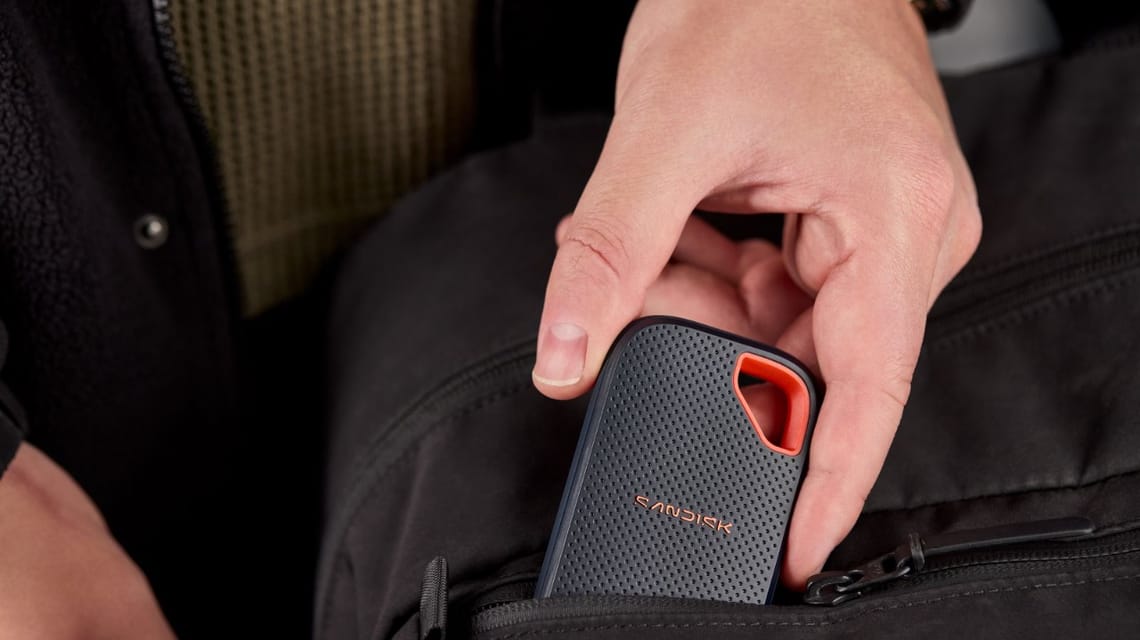- 85% have used a voice assistant; 43% use one regularly.
- Arabic matters: 65% prefer Arabic, with Khaleeji on top; 56% want better accent understanding.
- Policy tailwind: 74% know their country’s National AI strategy.
- Culture link: 50% say assistants help kids keep Arabic; 48% say they help older relatives use tech.
- Most common use is information (42%), with rising demand for education (39%), local services (33%), smart home and religious support.
A new Amazon Alexa study, dated 30 October 2025, shows voice assistants are now woven into daily life in the UAE and Saudi Arabia. Adoption is high, and Arabic support is not a nice-to-have. It is the main switch that makes the tech helpful. The numbers point to a clear shift: people want assistants that understand Khaleeji dialects, local accents and cultural context.
Adoption in the UAE and KSA is already mainstream
Most people in both countries have tried a voice assistant. Many use one often. The picture is past early adoption.
- 85% have used a voice assistant
- 43% say they use one regularly
- Study commissioned by Amazon Alexa, covering UAE and KSA
Regular use suggests the tools are no longer a novelty. That matters for brands shipping new devices in the region, like the new Echo speakers coming to the UAE and KSA. With this level of use, better local features will be noticed quickly, both when they land and when they are missing.
Arabic-first demand is driving product choices
Language is the unlock. People want assistants that sound like home.
- 65% prefer Arabic as the main language for voice assistants
- Khaleeji Arabic is the most preferred dialect
- 56% say understanding regional accents and expressions is important
Dialects and accents are complex problems, but the demand is clear. If an assistant gets common Khaleeji phrases right, trust goes up and usage follows. As smart home ecosystems such as Aqara’s Edge M300 and Philips Hue upgrades grow, Arabic layer becomes the glue that makes everything feel native.
Culture and family: why Arabic support matters at home
The survey says Arabic voice assistants do more than set timers.
- 50% think assistants help younger family members keep or improve Arabic
- 48% say they help older relatives engage with tech more confidently
This is a rare tech story where language is a feature and a value. When a grandparent can ask for prayer times in Arabic, or a child can hear facts in Khaleeji, usage spreads across the home. That aligns with the wider digital shifts we’ve tracked in our coverage of UAE/Saudi consumer trends.
What people actually use assistants for
No, it’s not just music and weather. Information is still top, but the mix is widening.
- 42% use assistants for information
- Growing demand for education (39%)
- Interest in local service integration (33%)
- Ongoing needs: smart home control and religious support
Education use is a smart fit for voice. Short facts, spellings, translations, and study prompts work well hands-free. Local services could mean calling a courier, checking utility bills or booking taxis. On the home front, voice remains the simplest way to trigger scenes or arm a camera, as we saw in our smart home deal guides and Echo device round-ups. For religious needs, reliable answers and correct timings in Arabic matter more than flashy features.
Policy tailwinds and what they change
Awareness of national AI plans is high. That is not common globally.
- 74% of respondents say they know their country’s National AI strategy
- The survey links this awareness to higher use of voice tech
Public-sector vision often nudges private-sector rollout. If users expect Arabic-first services and clear data policies, vendors have to ship them. It also supports training and talent development, which feed better models and local features over time.
Why does this matter if you live in the UAE
If you’re choosing a smart display or speaker this year, check Arabic support first. Does it handle Khaleeji phrases? Does it recognise your family’s mix of accents? Can it link to your local services and your existing lights and sensors?
Devices are improving fast, and regional launches are more frequent, like the Echo models headed to the Gulf. Pick the gear that plays well with Arabic today, not in a future update.
FAQs
Who ran the research and when?
It’s a new study commissioned by Amazon Alexa, dated 30 October 2025, focused on the UAE and Saudi Arabia.
How many people use voice assistants in the region?
85% say they’ve used one; 43% use one regularly.
Is Arabic support really that important?
Yes. 65% want Arabic as their main voice assistant language. Khaleeji is the top dialect, and 56% want assistants to understand local accents and expressions.
What do people use assistants for the most?
Information is the top task at 42%, with rising demand for educational content at 39%, plus integration with local services at 33%, smart home control and religious support.
Does government policy affect adoption?
74% know their national AI strategy, and the study links that awareness with everyday use of voice tech.
Subscribe to our newsletter to get the latest updates and news















Member discussion